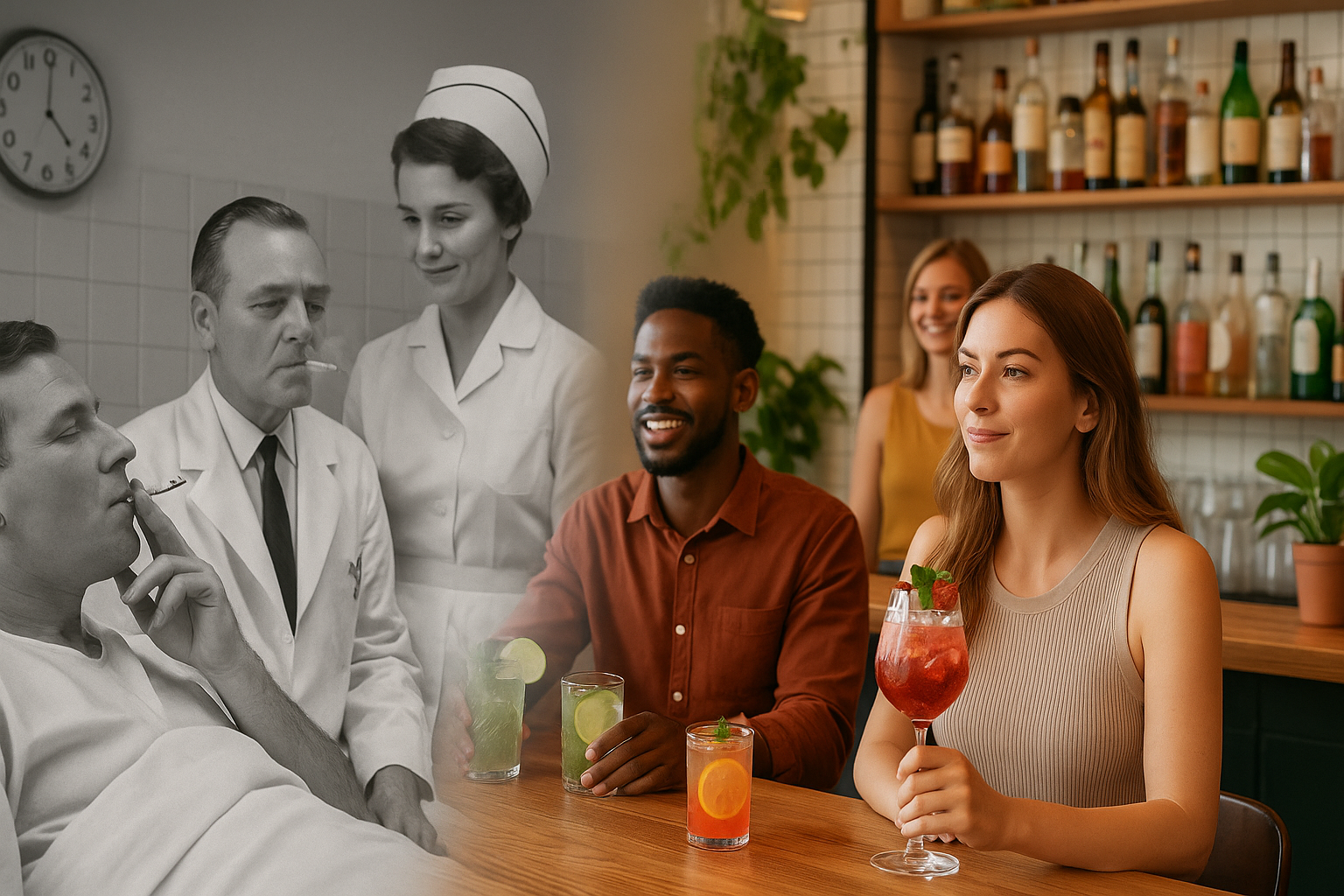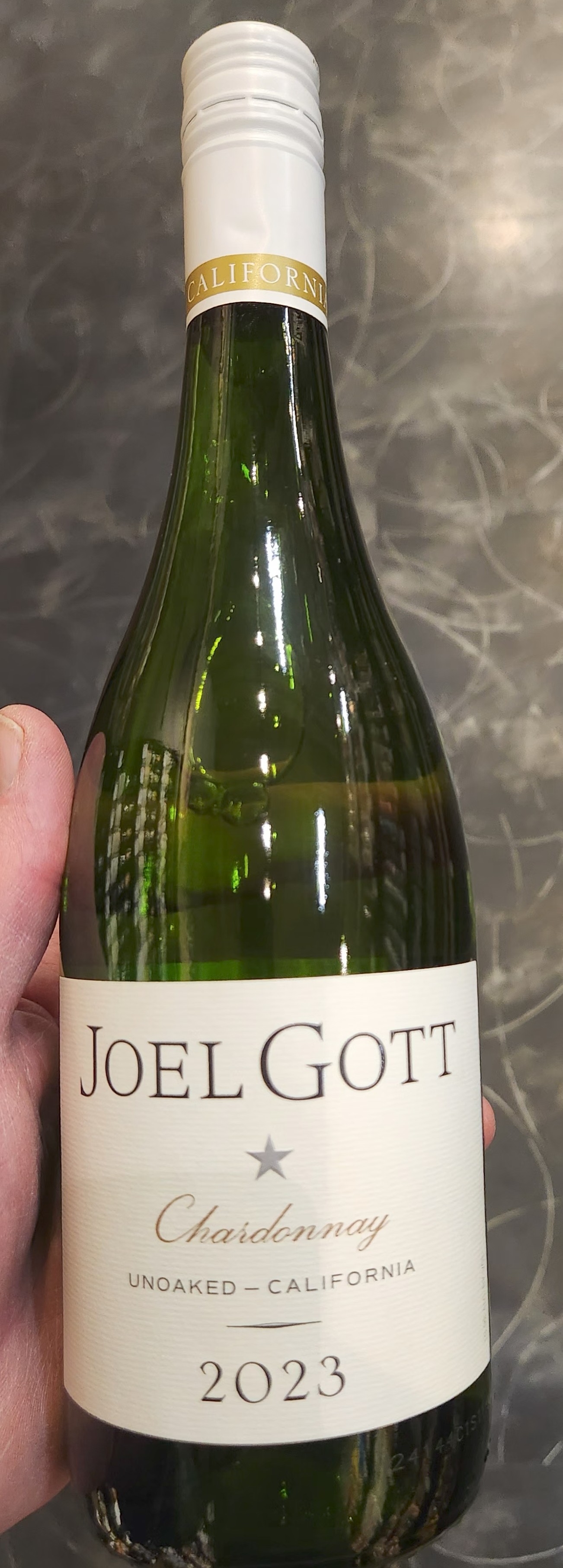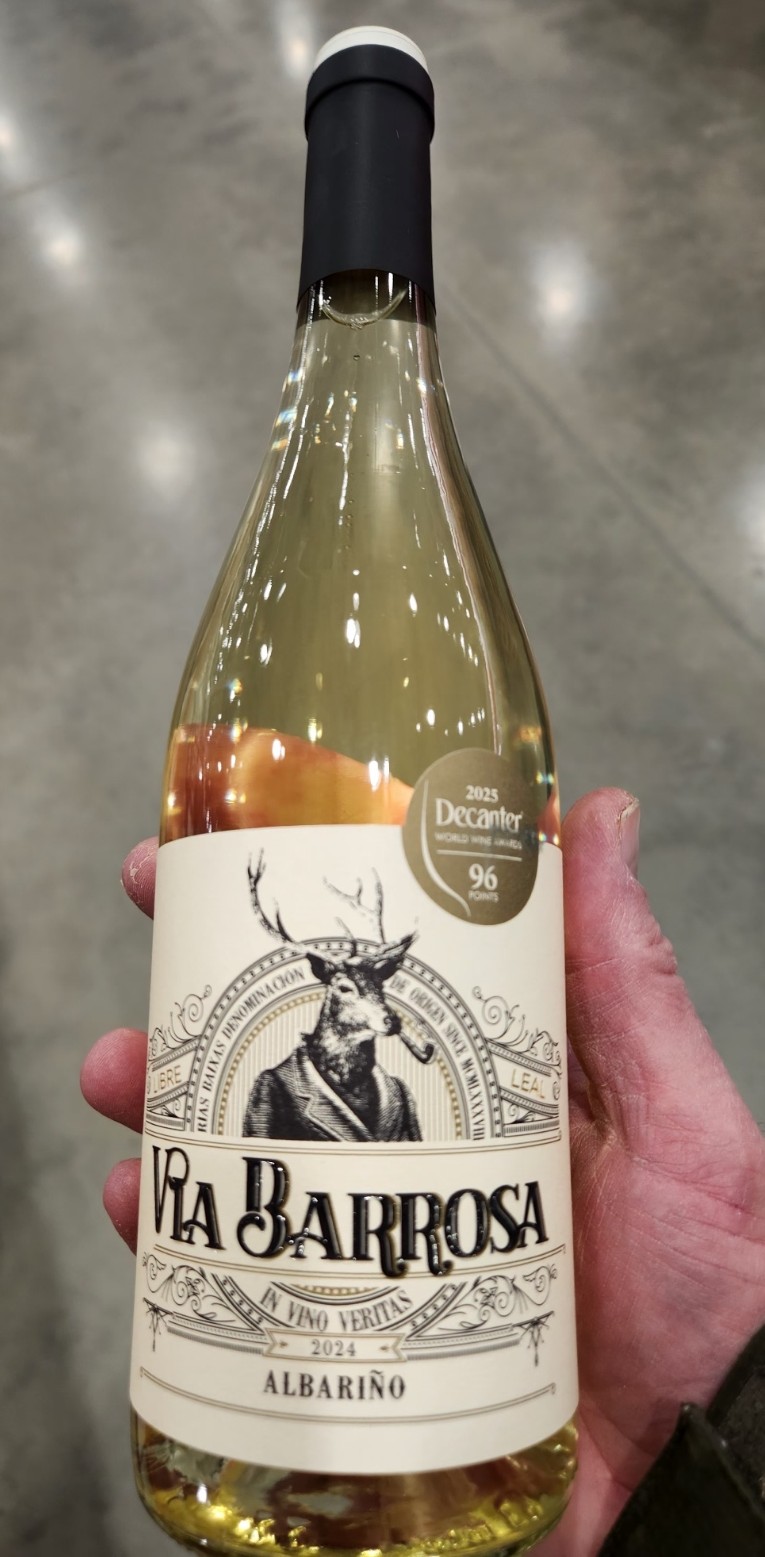Smoking isn’t dead—it’s just been pushed out into the cold. You still see it, a few stubborn wisps of smoke curling outside office buildings or at the edge of parking lots, but it’s not part of social life anymore. Smoking used to be as accepted as shaking hands—everyone did it, everywhere. Airplanes, offices, even hospitals. It was conversation filler, stress relief, and identity all in one puff. Now it’s something you do away from others, with a hint of shame attached.
Binge drinking, interestingly enough, sits in a similar cultural timeout—but it hasn’t been exiled. Not entirely. Like smoking, it’s shamed. But unlike smoking, it’s not gone. Why? Because drinking, in one form or another, is a gathering ritual. It’s not just about what’s in the glass—it’s about who’s holding it with you.
The act of drinking—whether it’s a cabernet, a whiskey, or an N.A. mocktail—still means something. It’s an invitation to connect, to belong, to be part of a moment. Even people who don’t drink alcohol still show up to bars for the same reason. They’ll order a sparkling water with lime, a non-alcoholic IPA, or a crafted mocktail—not to get a buzz, but to share in the ceremony of togetherness. That’s the difference.
Smoking, on the other hand, has lost its social contract. You don’t see groups of friends lighting up together in a cozy living room anymore. You see someone ducking outside alone, shivering by the door while the rest of the crowd stays inside laughing. There’s no celebration around it, no sense of belonging—just habit. The social glue that smoking once provided has long since dissolved.
That’s why smoking is fading into cultural extinction while drinking, even in its evolving forms, still thrives. The conversation around alcohol is changing—people want balance, control, and options. The binge drinker might be quietly judged now, just as the chain smoker once was. But the social act of raising a glass—whatever’s in it—isn’t going anywhere.
You could say smoking died because it became anti-social. Drinking will survive because it’s still about being social. And as the cultural tide keeps shifting, the smartest brands and bars are adapting—not selling alcohol, but selling belonging.










